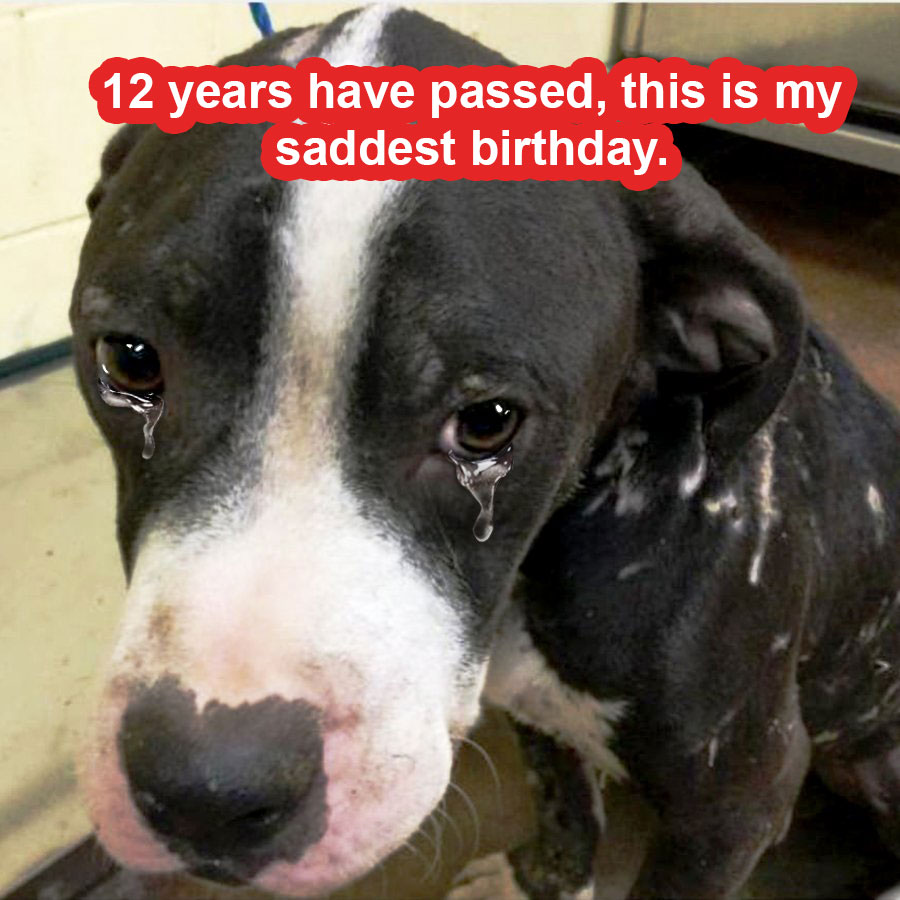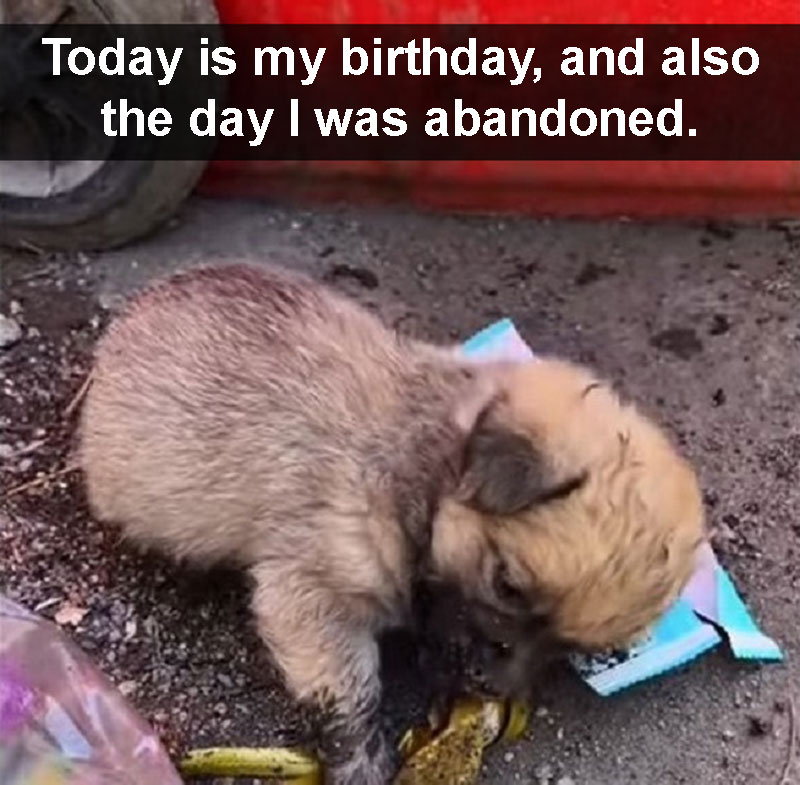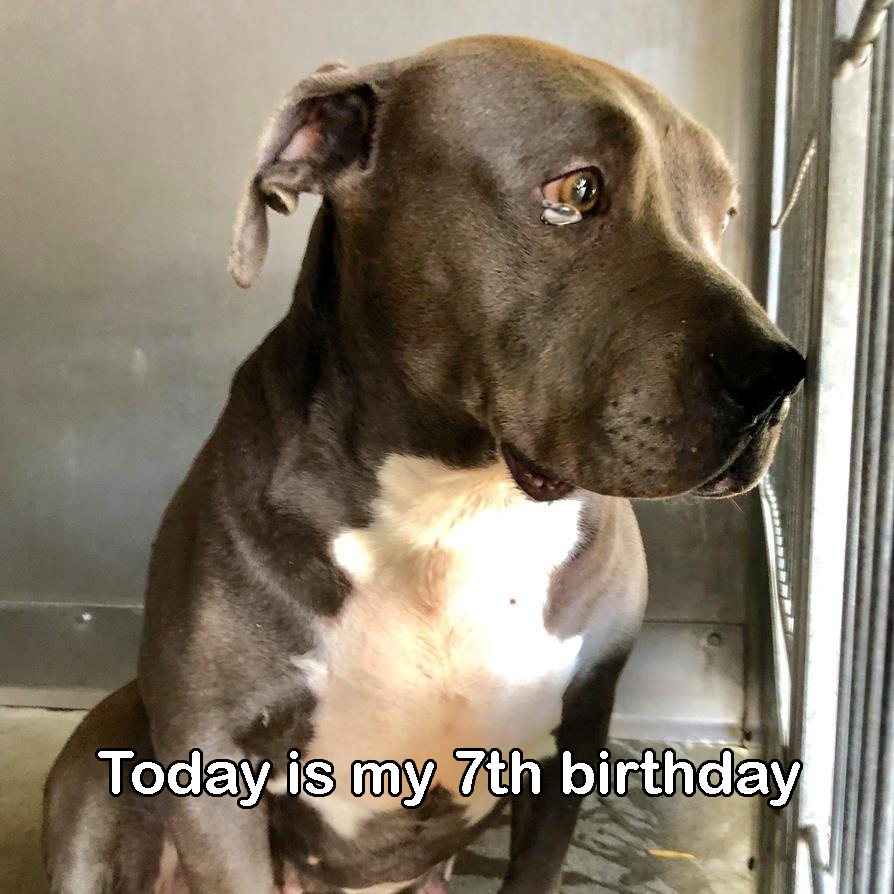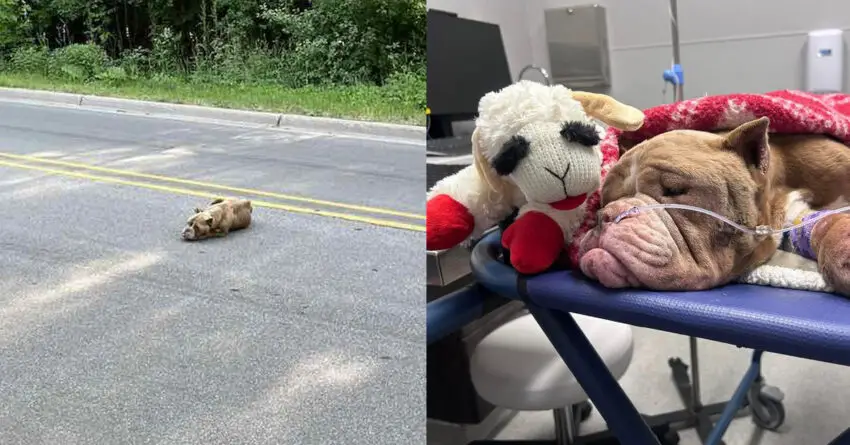
Dora, a small, gentle dog with soft, velvety fur, had never seen the world with her eyes. From the moment she was born, her world was one of scent, sound, and touch. The rustling of leaves, the chirping of birds, the warm touch of the sun on her fur – these were the details that painted her world.
But Dora also sensed something else: a subtle shift in the way people interacted with her. She could feel the hesitant touch, the pitying tone in their voices. She heard the whispered words, “blind dog,” spoken with a mixture of sympathy and distance.
She didn’t understand. She was full of love, eager to give and receive affection. She longed for a gentle hand to stroke her fur, a kind voice to soothe her worries, the comforting presence of a loving family. She didn’t understand why her blindness seemed to create a barrier between her and the love she so desperately craved.
Sometimes, when she heard children laughing and playing, or when she smelled the delicious aroma of food being cooked, a pang of loneliness would pierce her heart. She’d tilt her head, her ears twitching, as if listening for an answer to the question that echoed in her soul: Does being blind make people hate me?
She’d nuzzle her head against a kind hand whenever one offered a touch, her tail thumping softly against the ground. She just wanted to be seen, not for her blindness, but for the loving, loyal companion she truly was. She just wanted to be loved.
Dora’s story is a poignant reminder that true sight is not limited to the eyes. It is a tale of hope, resilience, and the enduring power of love. It calls on us to look beyond physical limitations and to see the beauty that lies within every living creature. It’s a simple plea for acceptance, a wish for a little love, and a reminder that love is blind.






















